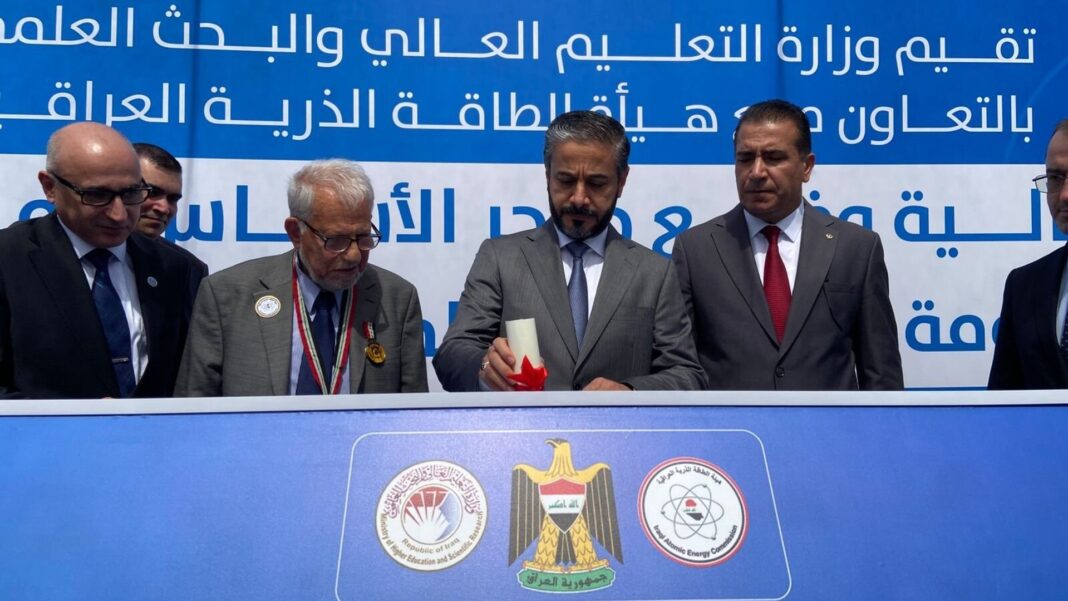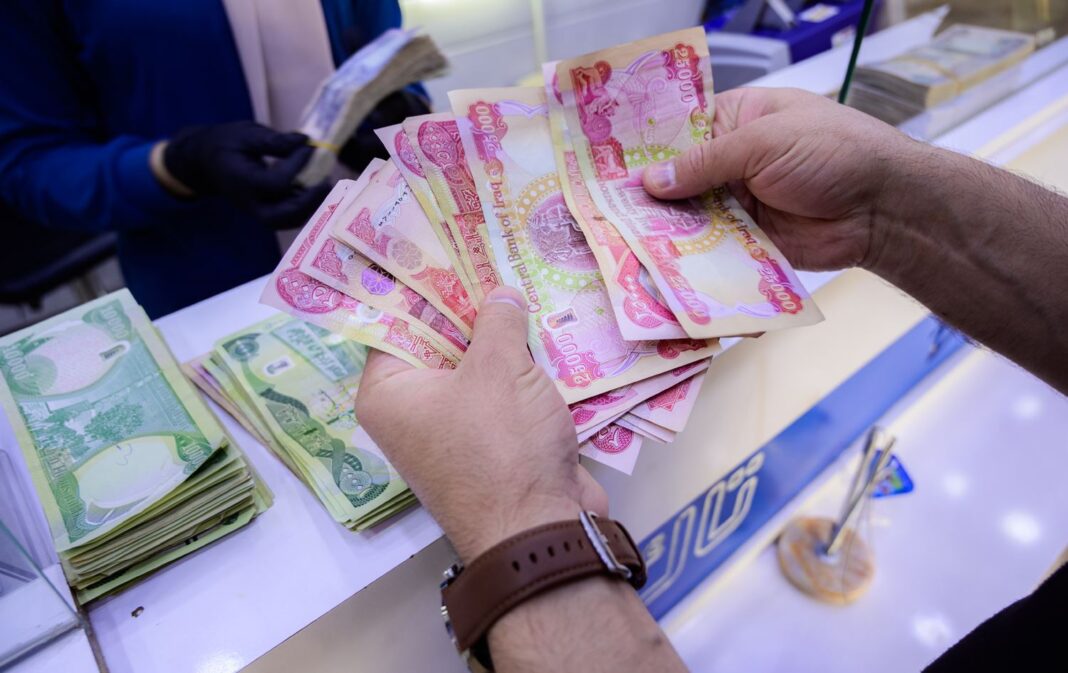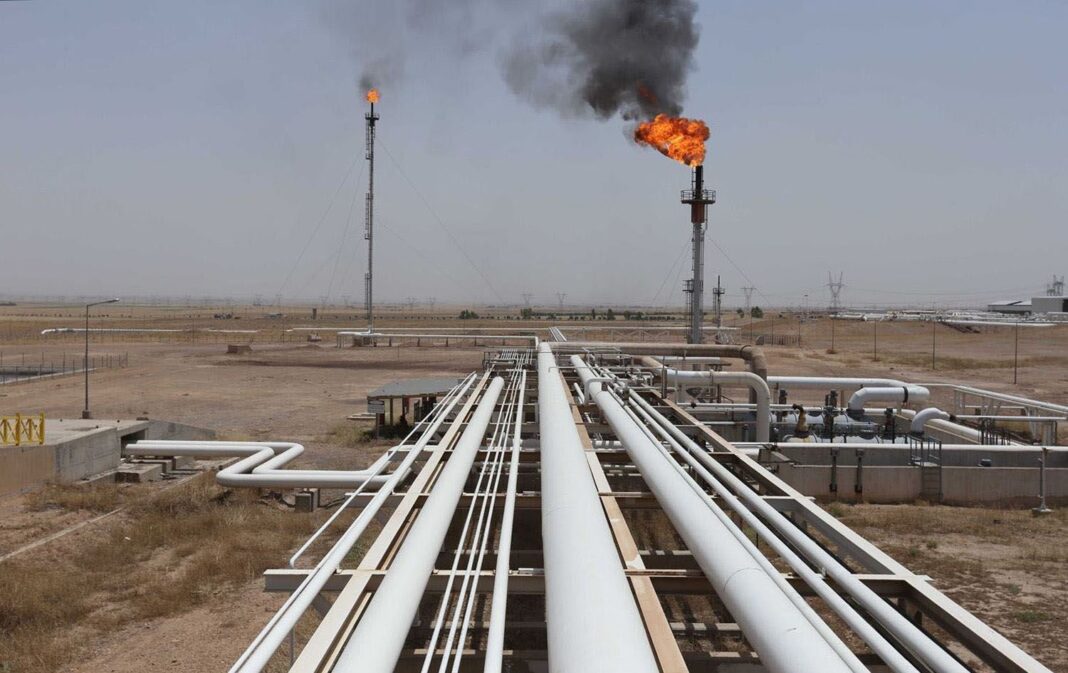Iraq’s Minister of Higher Education and head of the Atomic Energy Commission, Naeem al-Aboudi, laid the foundation stone for the subcritical nuclear assembly on Wednesday. He joined international experts and diplomats for this landmark event. He emphasized that Iraq defense and scientific ambitions drive the project. The key phrase subcritical nuclear assembly appears here as part of the introduction, and later twice more.
Furthermore, the government developed the project through the Atomic Energy Commission, the National Authority for Nuclear and Radiological Regulation, and the International Atomic Energy Agency. Together, these organizations plan training, regulation, and safety oversight to support the initiative.
Speaking at the ceremony, al-Aboudi declared, “This is a historic moment.” Indeed, he said it crowns years of integrated achievements. Moreover, he noted that Iraq now enjoys stronger research output, expanded academic partnerships, and higher global university rankings.
The subcritical nuclear assembly will train students and scientists in nuclear science. Furthermore, it will support peaceful nuclear uses in medicine, agriculture, industry, and environmental protection. Al-Aboudi stressed the project’s alignment with the UN’s sustainable development goals for education and clean energy.
Additionally, the minister announced Iraq will soon sign a strategic agreement with China’s Atomic Energy Commission. Iraq will use that deal for nuclear research and training. This agreement will expand the nation’s nuclear capabilities.
Hamed al-Bahli, adviser to the prime minister on nuclear energy, noted that a minister is now taking decisive action. He explained that Iraq is engaging envoys with China, Russia, and other nations about partnerships. Al-Bahli declared Iraq cannot meet future power demands without nuclear energy.
Salman Ajil, director of nuclear decommissioning at the Atomic Energy Commission, explained the demolition work on Iraq’s damaged nuclear sites. He said teams dismantled each site over more than a decade. Moreover, Ajil added that joint teams continue to monitor and decontaminate remaining facilities. They maintain safety measures to control radioactive materials.
In June, the commission declared that three sites at Tuwaitha, southeast of Baghdad, are free from radioactive contamination. Officials inspected those sites thoroughly before making that announcement.
The development of this subcritical nuclear assembly marks Iraq’s growing commitment to peaceful nuclear science and advanced training. It signals a new chapter in research, education, and energy security.



